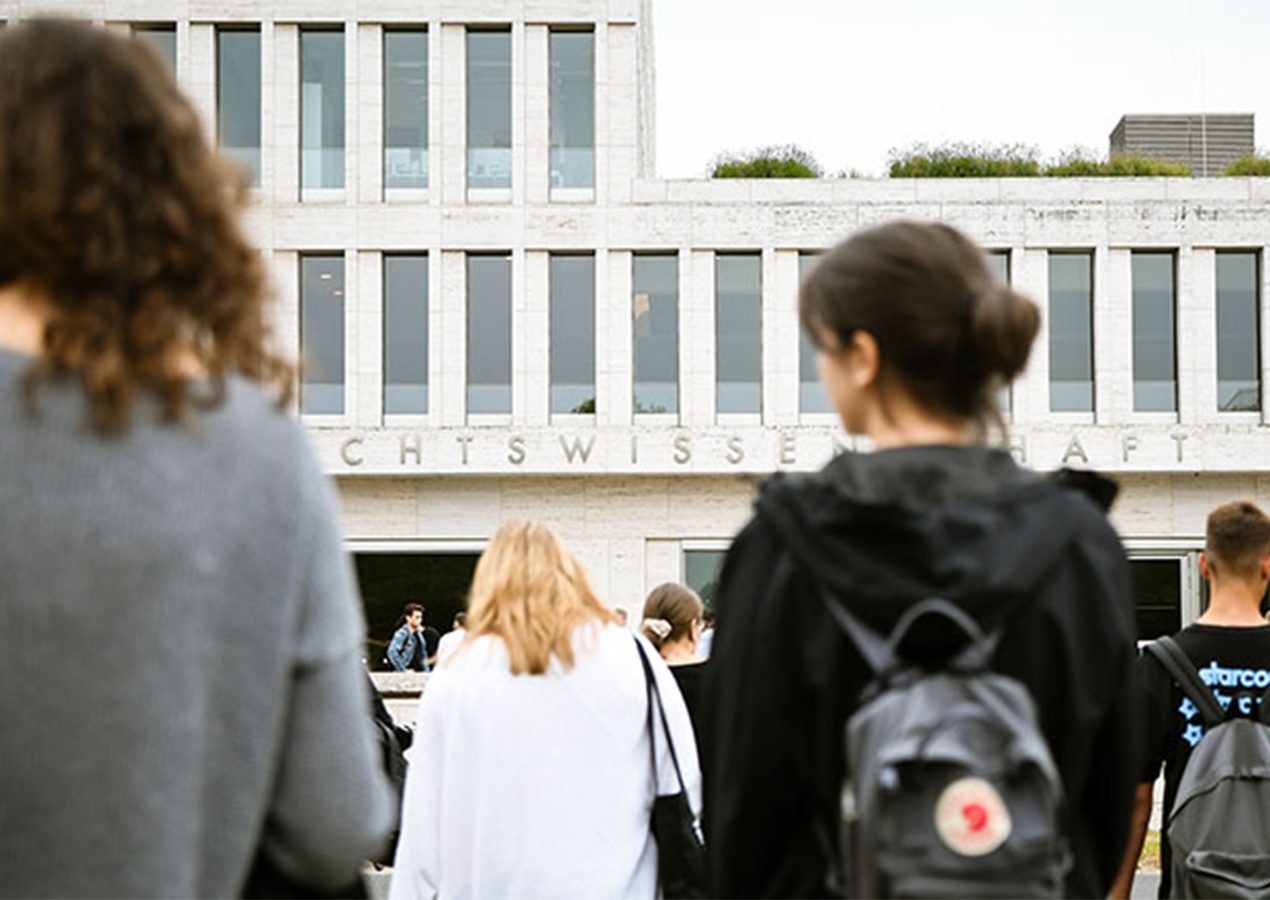
The primary objective of this thesis is to analyse the acceptability of new policies among the local population. To achieve this, the first step of the research is to identify policies that have either been successfully implemented or actively advocated by stakeholders for the transformation of urban transport. Building on this, the second step involves analysing local residents’ perceptions, as well as their support for or resistance to changes in their local environment. This will be assessed through a quantitative survey conducted across four case studies (N ≥ 800). Finally, the third step is to derive conclusions for the design of future policies by engaging stakeholders in a dedicated workshop, ensuring that findings are translated into actionable insights for urban policy and planning.
Goethe University Frankfurt is one of the largest universities in Germany with more than 48,000 full-time students. Based in the Department of Human Geography and within the Faculty of Geography/Geosciences, the Frankfurt Lab for Social-Ecological Transformation of Urban Mobility (SET Mobility), led by Professor Martin Lanzendorf, is dedicated to advancing research on the socio-ecological transformation of mobility with about 15 researchers (professors, post-doctoral and doctoral researchers). We adopt a holistic approach to studying how people move through urban spaces, focusing on behavioural change, everyday practices, governance processes, and public discourses. Our goal is to contribute both to the academic debate and to the development of progressive mobility policies and practices (find out more about SET Mobility at http://www.humangeographie.de/mobilitaet).

Applicants are encouraged to learn German.
Requirements to be admitted in the doctoral programme can be consulted here.

Martin Lanzendorf is a professor for Mobility Research in the Department of Human Geography at Goethe University Frankfurt am Main, Germany, since 2008. Before, he worked at the Wuppertal Institute for Climate, Environment and Energy, Utrecht University (Netherlands), Helmholtz Centre for Environmental Research (UFZ), Leipzig University and LMU Munich. His key research interests are transdisciplinary projects related to the socio-ecological transformation of the mobility system (e.g. related to travel behaviour change, daily travel practices and governance processes).